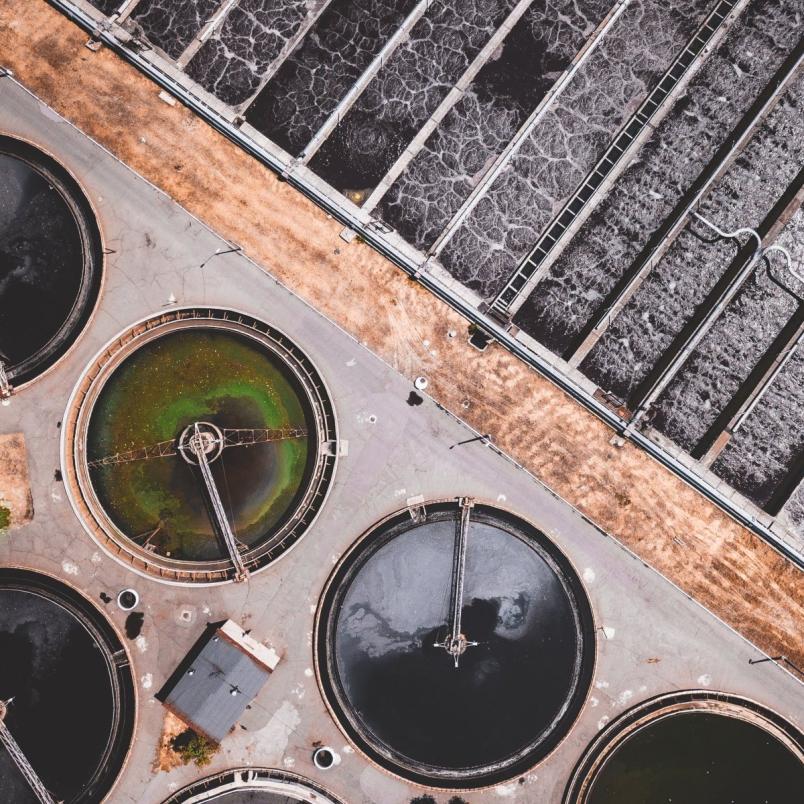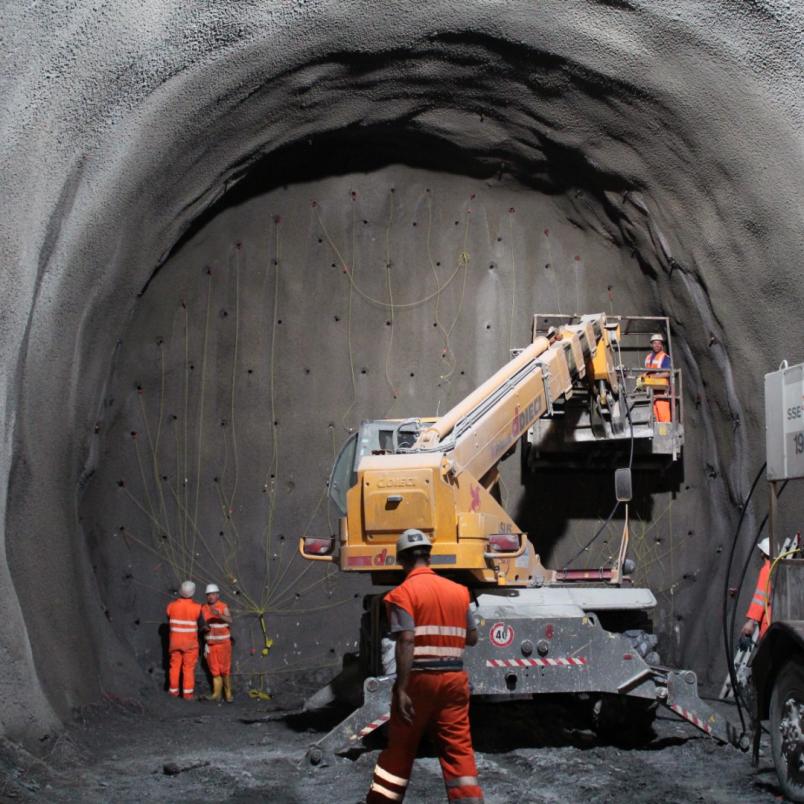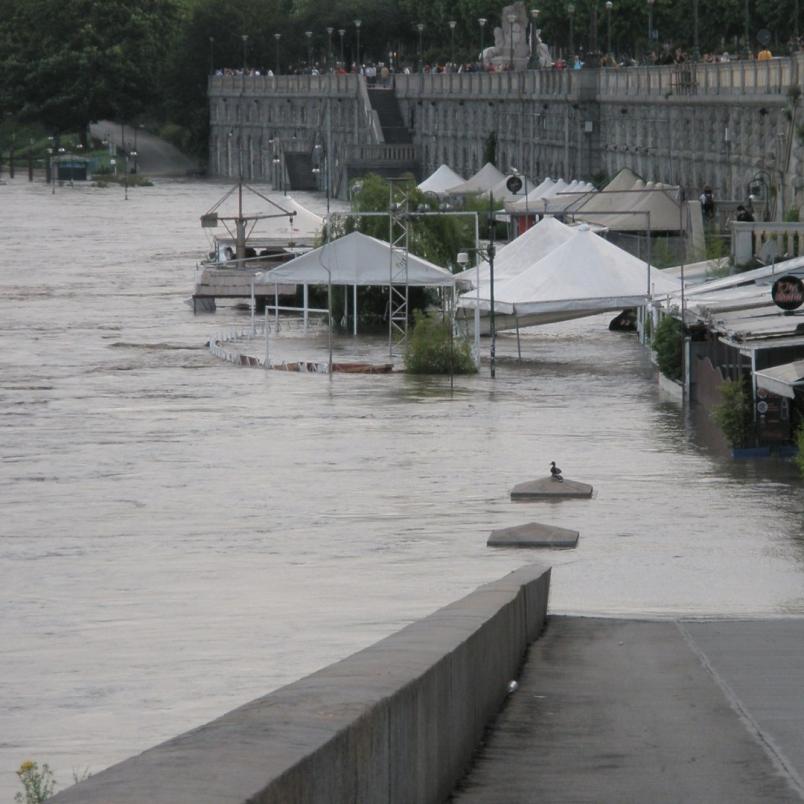To boost your training, the Master's degree programme in Environmental and Land Engineering is divided into four innovative tracks:

Formerly named "Environmental protection", from A.Y. 2023-2024 this renewed track is released with the new title "Industrial Environmental Sustainability". Engineers specializing in this track are trained to:
- design and implement technical and technological interventions aimed at the sustainability of production processes and environmental management of companies;
- reduce the impact of pollution on air, water, soil and subsoil;
- monitor the quality of natural environments;
- design and implement interventions for the reclamation of polluted sites.
The entire track will be provided in English.

Traditionally Geo-Engineering is a discipline which provides the basis of soil and rock behavior for the development of the built environment. Geo-Engineering is therefore the primary basis for approach to design, planning but also construction and maintenance of infrastructures and other interventions that interfere with the geological environment underground and on surface, such as for example roads, tunnels, bridges, rails, buildings, and other types of utilities.
The Geo-Engineering Programme at Politecnico di Torino provides education in the disciplines of geoscience and construction and seeks to engage with sustainable urbanization and with an optimal use of natural resources also in the framework of climate change consequences.
Students will acquire the knowledge and skills on how:
- plan and interpret in laboratory and on site investigations: tests on the geomaterials, geophysical, hydrology and hydrogeology and topographic measurements;
- manage rock and soil engineering problems linked to construction and maintenance of the infrastructures;
- organize and manage major infrastructural works with the aim to reduce their impact on the territory and the human life;
- design, manage and organize the sustainable use of natural resources needed for the construction and the maintenance of infrastructures
- identify and manage risk related to climate change scenarios, which interacts with infrastructures, such as floods and landslides.
The programme is entirely held in English.

Formerly named "Rischi naturali e protezione civile" (Natural hazards and civil protection), from A.Y. 2023-2024 this renewed track is released with the new title "Gestione dei rischi naturali" (Management of Natural Hazards). Engineers specializing in this track are trained to:
- knowing and estimating natural phenomena and hazards to people and property from floods, landslides, earthquakes and extreme climatic events;
- design and manage hazard adaptation and mitigation interventions;
- design and manage advanced systems and monitoring networks;
- draw up emergency and safety plans at company level.
The entire track will be provided in Italian.

In October 2019, within the climate_change@polito project of the Department of Environment, Land and Infrastructure Engineering (DIATI), funded by the Italian Ministry of University and Research, the new “Climate change” track has been launched, first master-level programme on climate change with a specific focus on technical and engineering aspects in Europe. Engineers specializing in “Climate change” are trained to:
- analyze and model climate systems and their interaction with anthropic systems
- apply climate-related international policies and guidelines in engineering-related contexts
- plan and manage mitigation and adaptation strategies related to the effects of climate change
- design, implement and monitor interventions for the management of natural extreme events and resources scarcity triggered by climate change.
The programme is entirely given in English.